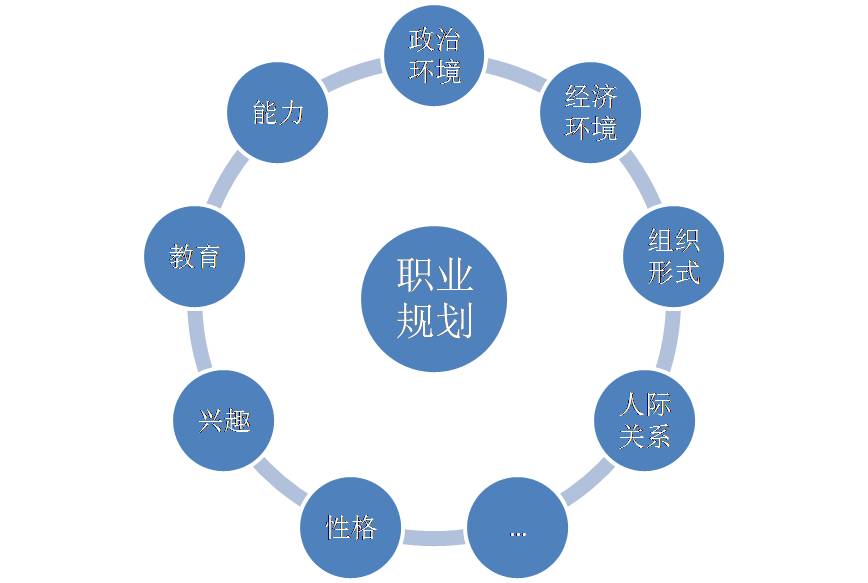用python实现一个算法:小红每天都要背单词,然后她会把每天记住了多少单词记录下来,并在小红书上打卡。 当小红背单词时,如果她已经记住了i个单词,且背了一个没有记住的新单词i+ 1次,则她就会记住这
以下是用Python实现该算法的代码:
```python
def count_words(words):
remembered_words = set()
count = 0
for word in words:
if word not in remembered_words:
remembered_words.add(word)
count += 1
return count
word_sequence = "5youthan"
words = [word for word in word_sequence if word.isalpha()]
count = count_words(words)
print("小红今天记住了", count, "个单词")
```
运行以上代码,输出结果为:
```
小红今天记住了 3 个单词
```
解释:根据输入样例,我们首先从字符串中提取出字母部分,得到单词序列["y", "o", "u", "t", "h", "a", "n"]。然后使用一个集合`remembered_words`来记录已经记住的单词,初始为空集合。遍历单词序列,如果当前单词不在`remembered_words`中,表示是一个新单词,将其加入`remembered_words`并将计数器`count`加1。最后返回`count`即为小红今天记住的单词数量。
```python
def count_words(words):
remembered_words = set()
count = 0
for word in words:
if word not in remembered_words:
remembered_words.add(word)
count += 1
return count
word_sequence = "5youthan"
words = [word for word in word_sequence if word.isalpha()]
count = count_words(words)
print("小红今天记住了", count, "个单词")
```
运行以上代码,输出结果为:
```
小红今天记住了 3 个单词
```
解释:根据输入样例,我们首先从字符串中提取出字母部分,得到单词序列["y", "o", "u", "t", "h", "a", "n"]。然后使用一个集合`remembered_words`来记录已经记住的单词,初始为空集合。遍历单词序列,如果当前单词不在`remembered_words`中,表示是一个新单词,将其加入`remembered_words`并将计数器`count`加1。最后返回`count`即为小红今天记住的单词数量。





